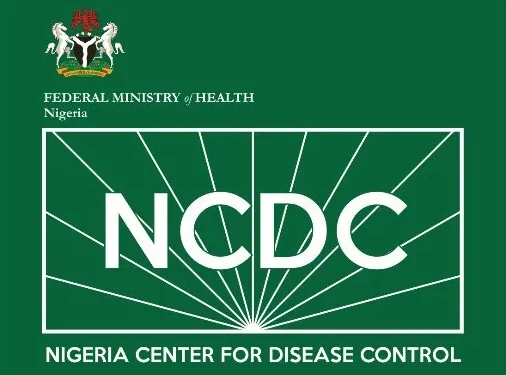Nigerian Centre for Disease Control and Prevention (NCDC) has issued a travel advisory urging citizens to avoid non-essential travel to countries with confirmed cases of Ebola Virus Disease (EVD), particularly Uganda, where the outbreak has been reported.
While the World Health Organisation (WHO) has advised against restricting travel or trade to Uganda, the NCDC emphasised the need for extra caution.
Ebola virus disease, formerly known as Ebola Hemorrhagic Fever, is a severe, often deadly disease caused by the Ebola virus, with a fatality rate of 25-90 per cent. There are five distinct species of the virus: Bundibugyo, Zaire (the most fatal of all the five strains, and responsible for the most EVD outbreaks including the 2014-2016 outbreak in West Africa, Reston, Tai Forest, and the Sudan (responsible for the outbreak in Uganda).
The infection is transmitted from animals to humans, with human-to-human transmission occurring through direct contact with the body fluids (blood, saliva, vomit, urine, faeces, sweat, breast milk and semen of an infected person), contaminated objects, or infected animals such as fruit bats.
In a public health advisory signed by its Director-General, Dr. Jide Idris, on Sunday, the NCDC highlighted that travellers from affected areas must adhere to strict infection prevention and control (IPC) measures, including the use of appropriate personal protective equipment (PPE) such as face masks, gloves, and gowns, to prevent the spread of the virus.
The Centre also called for immediate reporting of suspected cases to local health authorities or the NCDC for proper management and response.
It advised citizens with recent travel history to countries affected by the Ebola outbreak to monitor their health closely, urging that if any symptoms such as fever, muscle pain, sore throat, diarrhea, weakness, vomiting, stomach pain, or unexplained bleeding or bruising occur, they should immediately contact the NCDC helpline (6232) or State Ministry of Health hotlines for assessment and testing.
Also, the NCDC has asked individuals exhibiting symptoms to shelter in place and avoid public transportation to prevent further transmission until health authorities can respond.
NCDC assured that surveillance across the country, particularly at borders and airports, has been heightened to monitor travellers from affected regions. Health workers have also been alerted to remain vigilant, and laboratory capacities have been enhanced to enable rapid testing of suspected cases, it added.
The Centre has also expressed its commitment to collaborating with the World Health Organisation (WHO) and African regional health authorities to track the situation and share critical updates.



